Marcie Hambrick, PhD, MSW
January is National Human Trafficking Prevention Month. Children are particularly vulnerable to trafficking. Child trafficking is a problem in the U.S. It includes labor trafficking and sex trafficking of children. Child labor trafficking is not well tracked in the U.S. However, an indicator may be a report in 2021 from the U.S. Department of Labor, which reported 835 cases involved the illegal use of the work of a minor. This is a 283% increase since 2015. In 2021, according to the U.S. Department of Health and Human Services, with 35 states reporting, there were 1,086 child victims of child sex trafficking. These victims ranged from 9 to 17 years old and 72% were between the ages of 14 and 17. Female children were more likely to be victims (87% of cases). One half of children who experienced sex trafficking had also experienced another substantiated form of maltreatment.
Primary prevention of child trafficking is not widespread and is in the developmental phase. The first global report on a framework for primary prevention of child trafficking was published in 2022 (Jaffee, et al.). Experts in the field suggest a public health approach, because it is very difficult to assess which child(ren) will be at risk. Also, a social ecological approach that focuses attention not only on the individual level, but also on the relationship, community, and societal level has been recommended (Alpert and Chin, 2017).
With these precepts in mind, Prevent Child Abuse Vermont has developed the CARE Program (Child Anti-trafficking Resources and Education). The program is for 7th to 12th grade students, staff of their schools, and their caregivers. The program is based on the premise that students and the adults in their lives can learn the risk factors that relate to labor and sex trafficking of children and can learn the skills to seek protective factors shown in research to work.
The program includes: student lessons, faculty / ataff training, parent newsletters and a parent training event. If you are affiliated with or provide prevention services to a middle or high school and would like to learn about being a part of a pilot of the CARE Program, please email ksinz@pcavt.org.
For other school-based primary prevention interventions click here.
For primary prevention programs for adult audiences click here.
To attend a training of trainers in effective evidence-based child sexual abuse prevention programs, click here.

